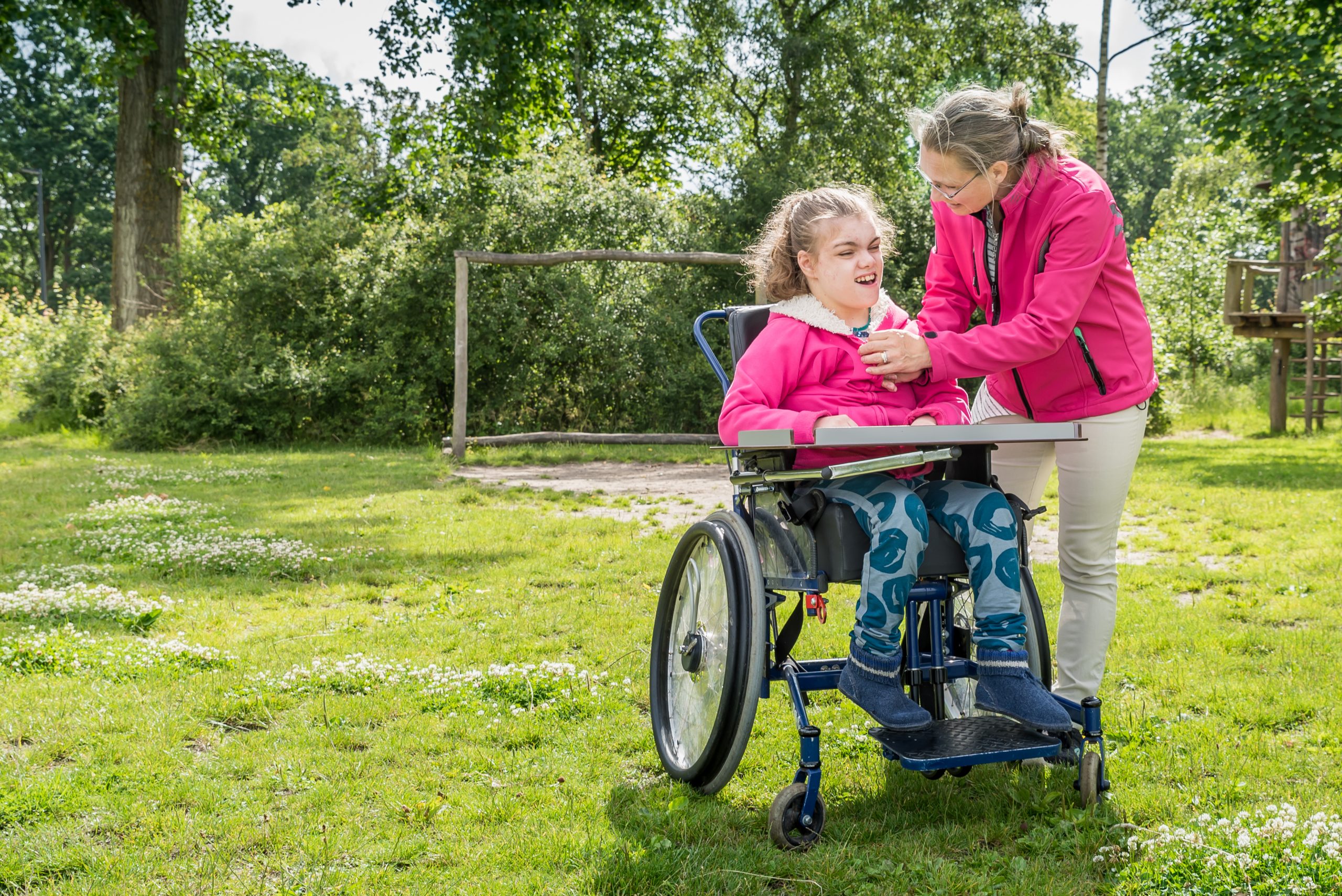Following the death of Anne Marie Smith in 2020, two directors of a disability health service provider have recently been charged with criminal neglect and failure to comply with a health and safety duty of care. This tragic case has put a spotlight on the health and safety obligations of care providers and their directors.
Employers
Employers have a number of responsibilities regarding the duty of care they owe employees, visitors and others. SafeWork SA Executive Director, Martyn Campbell, speaking on the matter, said:
“…employers have a duty to provide a safe system of work to their workers, visitors and others who come into the workplace. This included Annie in this case. Her home became a workplace as soon as the carer entered it to do her work.”
It is important for providers to bear in mind the extent of their duty of care. Providers must ensure that where services are being delivered in homes, safe systems of work must still be followed, even though services may be out of the direct line of sight of the provider.
Directors
Directors, CEOs and governing body members of an organisation have an additional duty, known as the ‘due diligence’ requirement, to ensure that an organisation has work health and safety systems in place and that those systems are followed. In the case of Anne Marie Smith’s death, it is alleged the company directors failed in this duty.
The ‘due diligence’ requirement originates from section 27 of the model Work Health and Safety Act, which requires that officers of an organisation exercise due diligence to ensure that the organisation complies with work health and safety legislation.
Exercising due diligence involves:
- acquiring up-to-date knowledge of WHS matters,
- understanding the nature and risks of the operations of the organisation, and
- ensuring the organisation uses appropriate resources to minimise WHS risks.
An officer must take an active and inquisitive role in WHS matters to satisfy their duty.
An ‘officer’ includes governing body directors and the secretary, as well as other people who make or take part in decisions which affect the whole organisation. People who sit on a governing body board or a committee on a voluntary basis are still regarded as officers.
The officer duty recognises that officers have corporate governance responsibilities and, through their decisions and behaviour, strongly influence the culture and accountability of the organisation. They can influence important decisions on the resources that will be made available for the purposes of WHS, and the policies that will be developed to support compliance by the organisation with the model Work Health and Safety Act.
How can Standards and Performance Pathways assist?
The officer duty is therefore an important responsibility of board and governing body members. We have developed a new self-assessment module in SPP to help governing body members and other officers ensure they are complying with their responsibilities under section 27 of the WHS Act.
The module guides officers through the key components of section 27(5) of the WHS Act and provides additional examples of ‘reasonable steps’ that may be taken when executing the duty. The module also details the kinds of resources, processes and procedures that officers will need to ensure their organisation has in place.








